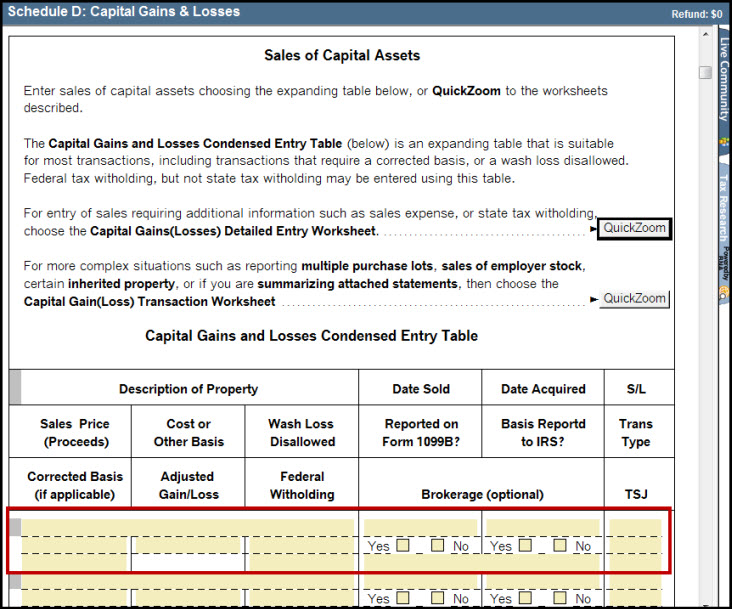Irs Loss From Sale Of Property

- Irs Sale Of Investment Property
- Irs Loss On Sale Of Investment Property
- Irs Loss On Sale Of Personal Property
If you sell your home at a loss, can you deduct the amount from your taxes? Unfortunately, the answer is no. A loss on the sale of a personal residence is considered a nondeductible personal expense. You can only deduct losses on the sale of property used for business or investment purposes.
Irs Sale Of Investment Property
The only way you can obtain a deduction if you sell your home at a loss is to convert it to a rental property before you sell it. However, your deductible loss will be limited. This is because when you convert property you held for personal use to rental use your tax basis (value for tax purposes) is the lesser of the following values on the date of the conversion:
If you have a loss on the sale of business-use property, it isn’t a capital loss. So, you can deduct the entire loss amount from income. You can only deduct $3,000 of net capital loss from income. However, if you have a gain on the sale of tangible personal property, you’re taxed two ways. Although you figure gain or loss on the easement in the same way as a sale of property, the gain or loss is treated as a gain or loss from a condemnation. See Gain or Loss From Condemnations, later. Property transferred to satisfy debt. A transfer of property to satisfy a debt is an ex- change. Regarding capital gains on inherited property (and losses), you can claim a capital loss on inherited property if you sold it and all of these are true: You sold the house in an arm’s length transaction. You sold the house to an unrelated person. You and your siblings didn’t use the property for personal purposes.

- the property’s fair market value, or
- the property's tax basis.
Your tax basis is basically the property's original cost, plus the cost of any improvements you've made (but not repairs), minus any depreciation deductions taken--for example, if you claimed the home office deduction. Fair market value is the price at which the property would change hands between a buyer and a seller, neither under undue pressure to buy or sell, and both having reasonable knowledge of all the relevant facts. Sales of similar property in the area are helpful in figuring out the fair market value of the property. You may also elect to have the property’s value appraised as of the date of its conversion to rental property. Either way, it's very important to have a good estimate of your home's fair market value on the date of the conversion.
Because of this rule, if your personal residence has lost value since you bought it, turning it into a rental home won’t allow you to deduct the loss that occurred before the conversion when you eventually sell it. Only the drop in value after the conversion is deductible.
Irs Loss On Sale Of Investment Property

Irs Loss On Sale Of Personal Property
To learn more, see Nolo's section on Tax Deductions and Credits for Homeowners.